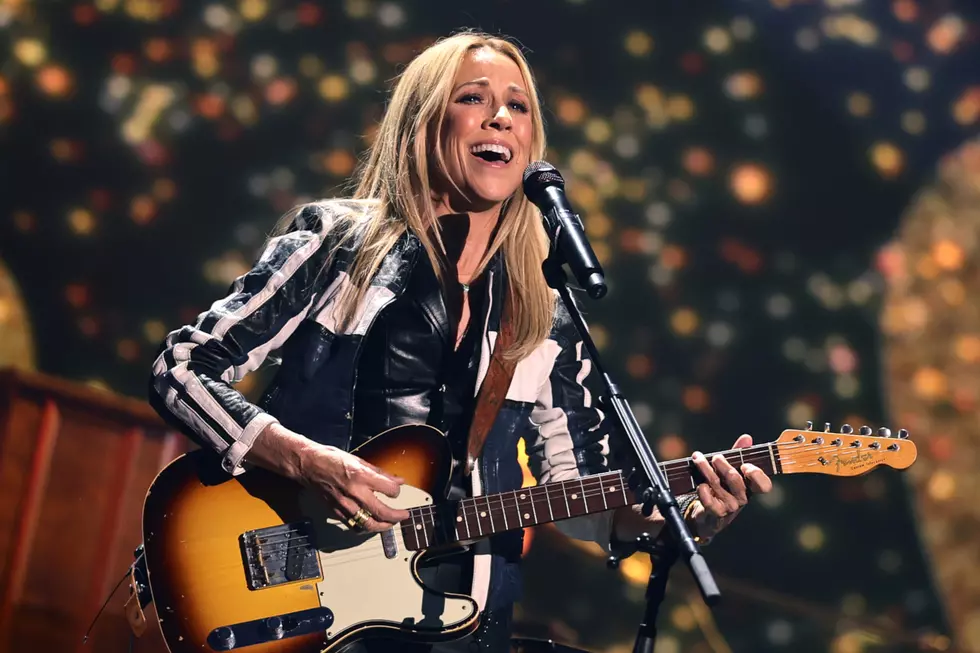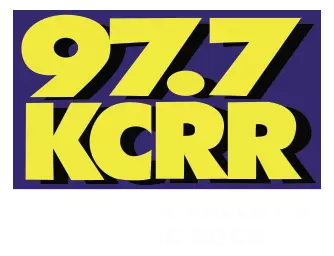
Sheryl Crow Says Spotify Payments Make Her ‘Sad and Sick’
Count Sheryl Crow among the growing number of famous musicians dismayed by the paltry payments artists receive from Spotify.
The beloved singer, and 2023 Rock & Roll Hall of Fame inductee, was recently a guest on Club Random with Bill Maher. The two compared recent trends in the music industry, compared to when Crow was starting out.
“[Now] you create your brand, you advertise yourself, you sell yourself,” the singer explained. “Then the music is just a byproduct of that, and you're selling yourself so that you can sell tickets and get advertisers. That was never part of the way I came up. There just was none of that. In fact, until Bob Dylan did the Victoria's Secret ad (in 2004), nobody did advertisements or took money for anything except for playing music and selling records. So, it's a different thing [now].”
READ MORE: Five Ways Sheryl Crow Ruled the 2023 Rock Hall Induction Ceremony
When Maher pointed out that modern artists can’t make money on music alone, especially given the small royalties paid by Spotify, Crow emphatically agreed.
“You cannot make money,” the nine-time Grammy winner declared. “It makes me sad and sick.”
“I hate it because, for me, when you sold records, you knew you had your people,” Crow continued, explaining the connect artists used to make with their fans. “They're people. They were into what you're doing. How does it even work now?”
Rock Stars Slam Spotify's Practices
Crow is far from the first major artist to criticism Spotify’s business practices. David Byrne, the Black Keys and Radiohead’s Thom Yorke are just some of the other rocker’s who’ve called attention to the paltry sums the streamer pays artists. In December, Dee Snider pointed a finger directly at Spotify’s billionaire CEO, Daniel Ek.
“Spotify, the wholesale, you pay the one monthly fee [format], we’re getting so, so little. And that guy from Spotify, he should be taken out and shot," the Twisted Sister frontman declared. "When he heard that artists were complaining about how little we were paid, his response was ‘make more music.’ Like we’re producing cans of Coke.”

